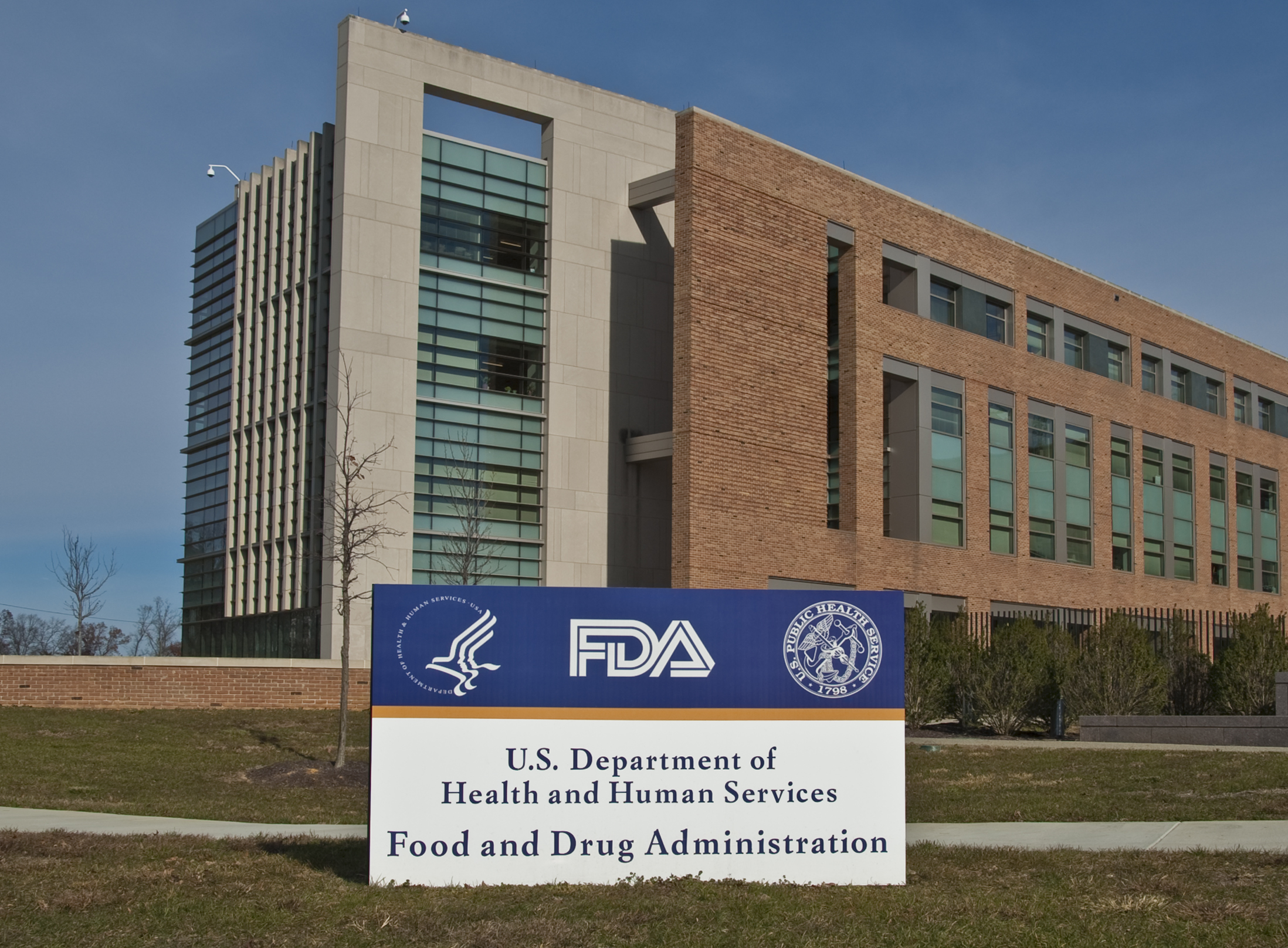FDA slammed over Aduhelm OK as Biogen takes heat for $56k price tag

The FDA "has failed in its responsibility to protect patients and families from unproven treatments with known harms" in approving Biogen's Alzheimer's disease drug Aduhelm.
That was the damning conclusion of the influential Institute for Clinical and Economic Review (ICER) in the US to yesterday's approval of Aduhelm (aducanumab), the first new treatment for Alzheimer's since 2003, which it says has "no evidentiary basis."
Biogen meanwhile has been taking flak over its decision to price Aduhelm at $56,000 per year, which looks set to re-ignite debate in the US about the cost of medicines. It is far above the expectations of analysts at Evercore ISI, for example, who were expecting it to be set at around $10,000, while ICER has said a fair price would be in the $2,500 to $8,300 range.
In a statement on the approval, ICER said the view of many experts was that current evidence is simply not enough to support the use of aducanumab in Alzheimer's patients, and the FDA had "moved the goalposts" by not holding Biogen's drug to the standards of other therapies.
"The avenue forward has seemed clear: another study would be needed to reduce the substantial uncertainty about the drug's effectiveness, a requirement of even greater priority because of the drug's common and potentially serious side effects," said the organisation, which deliberates on the cost-effectiveness of new medicines.
ICER points to brain swelling and potential bleeding seen in approximately 30% of patients treated with aducanumab.
Instead, the FDA granted Aduhelm a conditional approval, allowing it to be prescribed and used while Biogen conducts a post-marketing, phase 4 confirmatory study – which could take years to complete. It said the drug was the first to treat the underlying mechanism in Alzheimer's rather than addressing symptoms.
https://twitter.com/FDACDERDirector/status/1401927059966996488
ICER argues that Aduhelm was effectively approved on the strength of a biomarker – removing amyloid from the brain – rather than clinical outcomes, which is "puzzling" as other drugs have been shown to remove amyloid from the brain yet failed to help patients.
Broad label questioned
It also takes issue with the decision to approve the drug for all Alzheimer's patients, rather than just the patients with mild cognitive impairment (MCI) and mild dementia included in Biogen's studies of the drug.
Dementia specialist Prof Robert Howard of University College London (UCL) was also damning in his assessment of the decision, saying that the FDA has "sidestepped available clinical trial outcomes data that indicate the drug probably doesn't work."
"FDA approval closes the door on further placebo-controlled trials of aducanumab that might have helped to resolve disputes about efficacy quickly and cleanly," he added. Phase 4 studies typically require less onerous protocols than phase 3 – for example they can use real-world evidence.
"Now, we'll wait a decade before it becomes obvious to everyone that there are no benefits – only high healthcare costs – associated with the treatment," said Howard.
https://twitter.com/bradloncar/status/1401918222279057414
Biogen chef executive Michel Vounatsos defended Aduhelm in an open letter on the company's website, saying that the company has "engaged extensively with health economists, public health experts, and payers about Aduhelm – and we have examined other recent biologic drug innovations."
He went on: "Consistent with our pricing principles, we have established a price for Aduhelm that reflects the overall value this treatment brings to patients, caregivers and society – and one that will enable continuous innovation."
Biogen has committed not to raise the price of Aduhelm for four years and said it has agreed access deals with some payers – including the Veterans Health Administration, CVS Health and the National Association of Free and Charitable Clinics (NAFC) – while negotiations are ongoing with Cigna and other groups.
Analysts at GlobalData think that Biogen will have challenges rolling out Aduhelm in the US, but are still predicting sales of $5.6 billion in 2027.
Aside from the high price, another issue is its dosing by monthly infusion, as clinics that can provide this are not available in all areas. Meanwhile, side effects such as amyloid-related imaging abnormalities (ARIAs) could also be a barrier to uptake, according to managing analyst Alessio Brunello.
"Physicians will also be obliged to do regular MRIs on patients to see if they have ARIA reactions, which could be a limitation, as repeated MRIs represent an additional economic burden," he said.
GlobalData does see the approval of Aduhelm encouraging more research on combination therapies, for example with anti-tau drugs.












